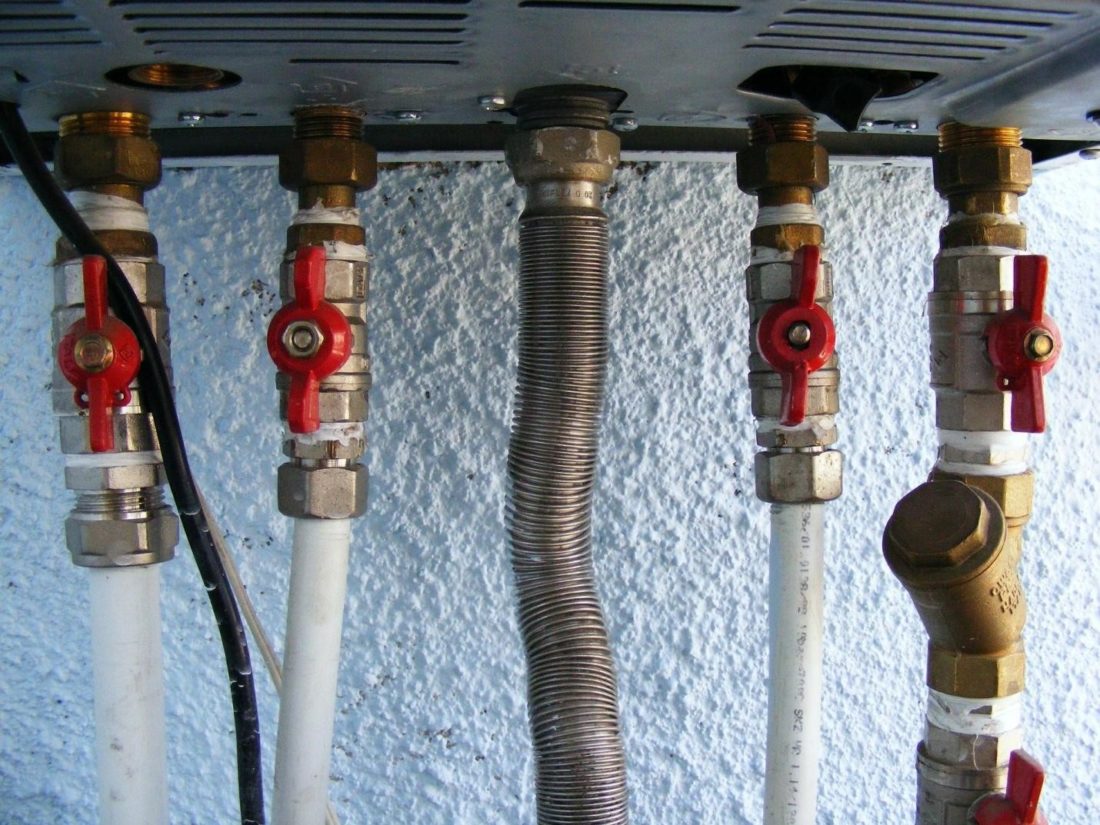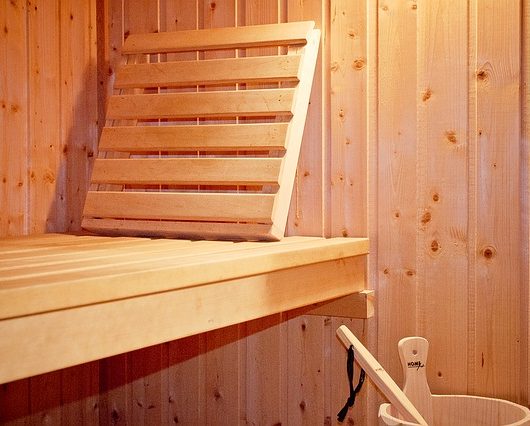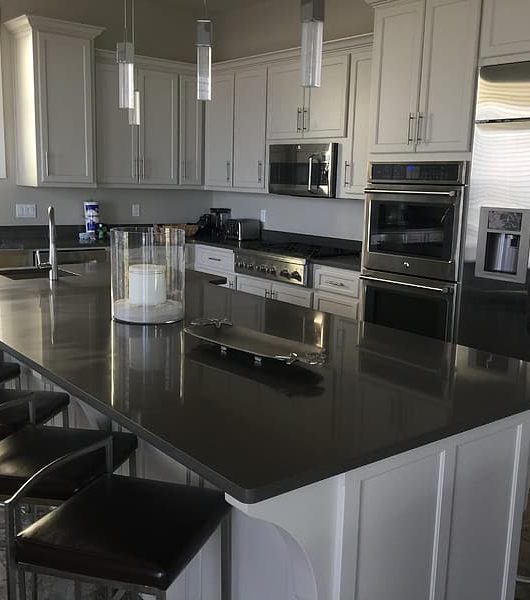Your Best Guide to LPG: How it Works and its Benefits

Liquefied petroleum gas, also referred to as LPG, has been used for years and is an important hydrocarbon fuel. It is a combination of butane and propane gas, and it is produced from refined crude oil. LPG acquired its name because the butane and propane gases liquefy at a moderate or average pressure, and this means that the fuel is capable of being stored as well as transported as a liquid. Since LPG is denser than gas, you can store a large amount of the fuel in a relatively smaller space. If you are planning to replace your current heating system with LPG, here’s your best guide to LPG, how it works, and its benefits.
The characteristics of LPG
LPG is known for having cleaner characteristics when it comes to burning, and since it doesn’t have as many components as other types of fuel, it can burn more efficiently. If your property isn’t connected to mains gas lines, LPG can be a feasible alternative to oil. LPG is actually quite popular with households that also make use of sources of renewable energy, such as solar panels.
More on LPG boilers
An LPG boiler can be purchased as a ready-built unit, or an existing unit using standard gas can be converted with the use of an LPG kit. LPG kits have smaller jets for burning compared to the jets used by standard gas boilers, as liquefied petroleum gas has a higher pressure than standard gas.
You have two main options when it comes to your LPG supply – it can be stored in an individual storage tank or a central storage tank which has a 1,000-litre or 2,000-litre capacity and will be regularly filled by a tanker, or you can opt for smaller bottles or cylinders which are taken and replaced as soon as they are empty.
Operational costs of LPG boilers
Operating and running an LPG boiler is almost the same in price as running and operating an oil boiler. LPG boilers, much like oil boilers, also require a fuel feed as well as a storage tank. Whilst installing your own LPG heating system is easier than other systems, the cost and expense can vary based on such factors as whether or not you will buy or rent your storage tank and how big your home is. Other factors which can affect the installation cost are the number of radiators in your home as well as how much heating you really need and how you use it.
The top benefits
LPG is considered a secure and safe fuel supply, and it has a lower carbon emission than oil. Since LPG can be stored as a liquid, it offers a better advantage than standard gas. The combustion of LPG is also almost odourless, especially when compared to a system using oil.
Image attributed to Pixabay.com









